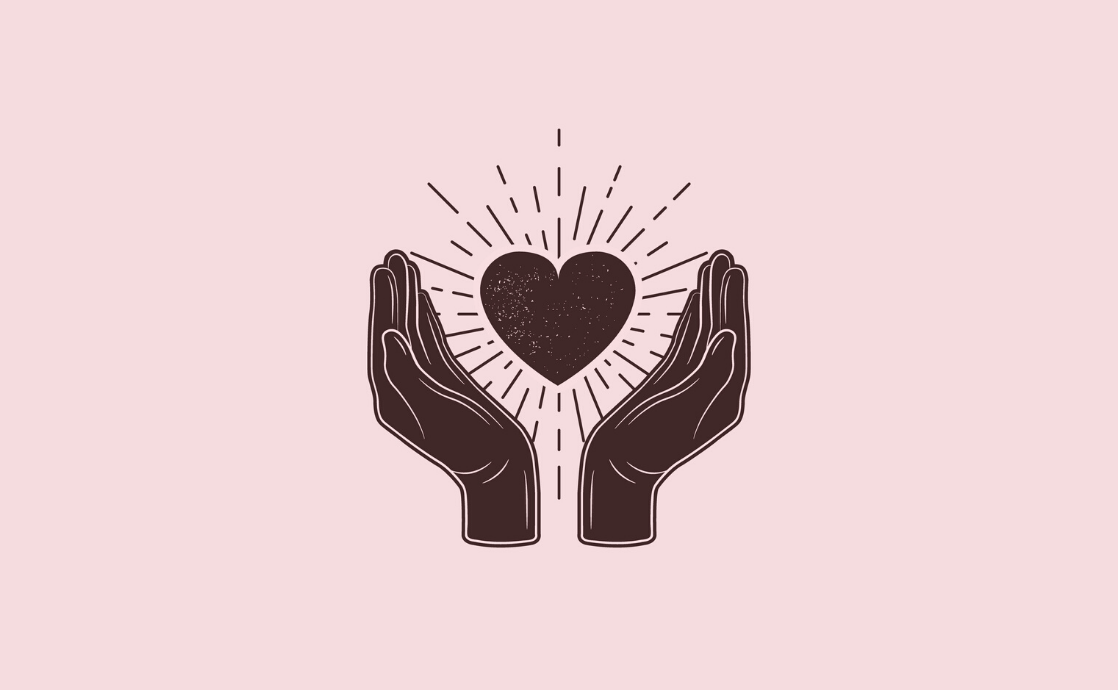The tapestry of human existence is intricately woven with threads of myriad beliefs and cultural narratives, forming a collective mosaic that is as beautiful as it is complex. The Bahá’í teachings urge humanity to embrace this diversity, promoting a vision wherein the eradication of anti-Semitism and all forms of religious prejudice becomes not only a possibility but an imperative. The pursuit of unity amidst diversity is at the heart of Bahá’í doctrine, positioning it as a beacon of hope in a world often marred by division.
Understanding Prejudice as a Human Condition
Prejudice is akin to a pervasive fog that obscures our vision, preventing us from recognizing the rich variety of human experience. It manifests in countless forms, yet anti-Semitism, specifically, represents a profound betrayal of the principles of inherent human dignity and interconnectedness. The Bahá’í teachings illuminate the roots of prejudice, encouraging followers to examine their own biases critically. This introspection is not merely an exercise in self-awareness but a transformative journey aimed at fostering compassion and understanding. The clarity afforded by such reflection is essential in dispelling the fog of misunderstanding that has historically clouded relations between different faith communities.
The Role of Education in Cultivating Understanding
Education stands as the cornerstone of the Bahá’í approach to eradicating prejudice. It is akin to sunlight breaking through the darkness, revealing the beauty of diversity and the commonalities that bind us together. In the Bahá’í perspective, education is not merely about the acquisition of knowledge; it is about the cultivation of moral and ethical values. Educational initiatives designed to foster interfaith dialogue encourage individuals to engage with different perspectives, ultimately promoting tolerance and respect. Such dialogues act as warming rays, nurturing understanding and empathy that transcend religious boundaries.
The Bahá’í Call to Action: Engaging in Service
Service to others is a fundamental tenet of Bahá’í practice. Engaging in acts of service provides an opportunity to dismantle the walls of prejudice. The act of serving becomes a powerful antidote to hatred, transforming perspectives through shared experiences. When individuals from different religious backgrounds come together to address common challenges, they discover the profound truth: we are more alike than we are different. This engagement is not merely an act of charity; it is a manifestation of solidarity that enriches both the server and the served.
Interfaith Harmony: A Symphony of Beliefs
In the pursuit of eradicating religious prejudice, the Bahá’í teachings call for the establishment of interfaith harmony. This concept can be likened to a symphony wherein each faith tradition contributes its unique notes to create a harmonious whole. The diverse melodies of each religion enhance the composition, serving to remind us of the beauty of diversity. The Bahá’í approach to interfaith dialogue is not about diluting or compromising one’s beliefs but rather about recognizing the shared essence of spiritual truths that underlie all religions. This perspective cultivates an environment where mutual respect thrives, allowing transcendence over historical enmities that have plagued humanity for centuries.
Fostering Global Citizenship
The Bahá’í teachings advocate for a paradigm shift towards global citizenship, urging individuals to recognize their responsibilities not only to their local communities but to the entirety of humanity. This expansive viewpoint compels individuals to transcend tribalistic tendencies and embrace a sense of belonging that is rooted in universal human values. As citizens of the world, we are called upon to promote equity, justice, and understanding, challenging the insidious nature of prejudice in all its forms. By fostering global citizenship, the Bahá’í community aims to unlock the potential for profound social transformation, paving the way for a world free from the shackles of discrimination.
The Transformative Power of Unity
Unity, as emphasized in Bahá’í teachings, is foundational to the eradication of religious prejudice. It is not a homogenous call for conformity, but rather an invitation to celebrate our differences while recognizing our shared humanity. Imagine a garden where each flower, regardless of its species, adds to the vibrancy and beauty of the entire landscape. Each unique contribution enhances the garden’s tapestry. The Bahá’í community views unity as the soil in which the seeds of understanding and compassion can take root, flourish, and ultimately transform society. Embracing unity thus becomes a collective act of courage that challenges entrenched prejudices and fosters a new social ethos.
Conclusion: A Horizon of Hope
As the sun sets on an age marked by division and discord, the Bahá’í teachings invite humanity to gaze towards the horizon with fearless optimism. By eradicating anti-Semitism and all forms of religious prejudice, we embark on a collective journey towards a future replete with understanding and peace. The rich tapestry of human existence, with its myriad threads of belief, offers an unparalleled opportunity to transcend the barriers that have long divided us. The path forward is illuminated by the principles of justice, compassion, and unity, urging us to weave a brighter, more harmonious future together.
